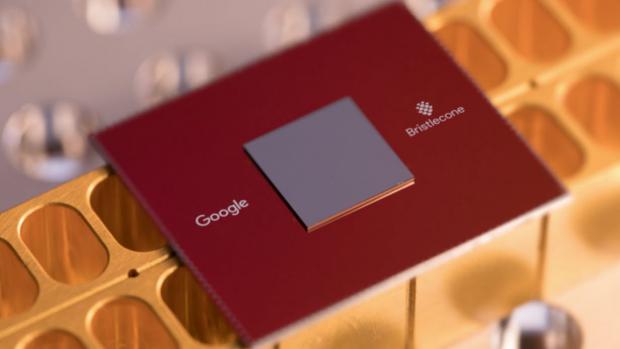
Breaking News
 Palantir kills people? But Who's Really Pushing the Buttons?
Palantir kills people? But Who's Really Pushing the Buttons?
 'Big Short' investor Michael Burry sounds alarm on AI bubble that's 'too big to save
'Big Short' investor Michael Burry sounds alarm on AI bubble that's 'too big to save
 2026-01-21 -- Ernest Hancock interviews Professor James Corbett (Corbett Report) MP3&4
2026-01-21 -- Ernest Hancock interviews Professor James Corbett (Corbett Report) MP3&4
 Joe rogan reacts to the Godfather of Ai Geoffrey Hinton talk of his creation
Joe rogan reacts to the Godfather of Ai Geoffrey Hinton talk of his creation
Top Tech News
 The day of the tactical laser weapon arrives
The day of the tactical laser weapon arrives
 'ELITE': The Palantir App ICE Uses to Find Neighborhoods to Raid
'ELITE': The Palantir App ICE Uses to Find Neighborhoods to Raid
 Solar Just Took a Huge Leap Forward!- CallSun 215 Anti Shade Panel
Solar Just Took a Huge Leap Forward!- CallSun 215 Anti Shade Panel
 XAI Grok 4.20 and OpenAI GPT 5.2 Are Solving Significant Previously Unsolved Math Proofs
XAI Grok 4.20 and OpenAI GPT 5.2 Are Solving Significant Previously Unsolved Math Proofs
 Watch: World's fastest drone hits 408 mph to reclaim speed record
Watch: World's fastest drone hits 408 mph to reclaim speed record
 Ukrainian robot soldier holds off Russian forces by itself in six-week battle
Ukrainian robot soldier holds off Russian forces by itself in six-week battle
 NASA announces strongest evidence yet for ancient life on Mars
NASA announces strongest evidence yet for ancient life on Mars
 Caltech has successfully demonstrated wireless energy transfer...
Caltech has successfully demonstrated wireless energy transfer...
 The TZLA Plasma Files: The Secret Health Sovereignty Tech That Uncle Trump And The CIA Tried To Bury
The TZLA Plasma Files: The Secret Health Sovereignty Tech That Uncle Trump And The CIA Tried To Bury
Google's new quantum processor could soon outperform classic supercomputers

Bringing us ever closer, Google has now unveiled Bristlecone, a new quantum computer chip with the record-setting power of 72 quantum bits (qubits).
Traditional computers perform their calculations in binary, so every bit of data is represented as either a zero or a one. Thanks to the quirky science that is quantum mechanics, a qubit can be in a superposition of both, effectively representing both a zero and a one at the same time. That means the power of a quantum computing system scales exponentially – two qubits can represent four states at once (00, 01, 10 and 11), three qubits represent eight, and so on.
As a result, quantum computers are great at performing simultaneous operations, processing all of these states at the same time where classic computers would have to run through each in turn. That means that, theoretically, a quantum computer made with a 49-qubit chip (like Tangle Lake, a processor Intel unveiled at CES in January) could outperform our current best supercomputers at certain types of operations.

 Nano Nuclear Enters The Asian Market
Nano Nuclear Enters The Asian Market


